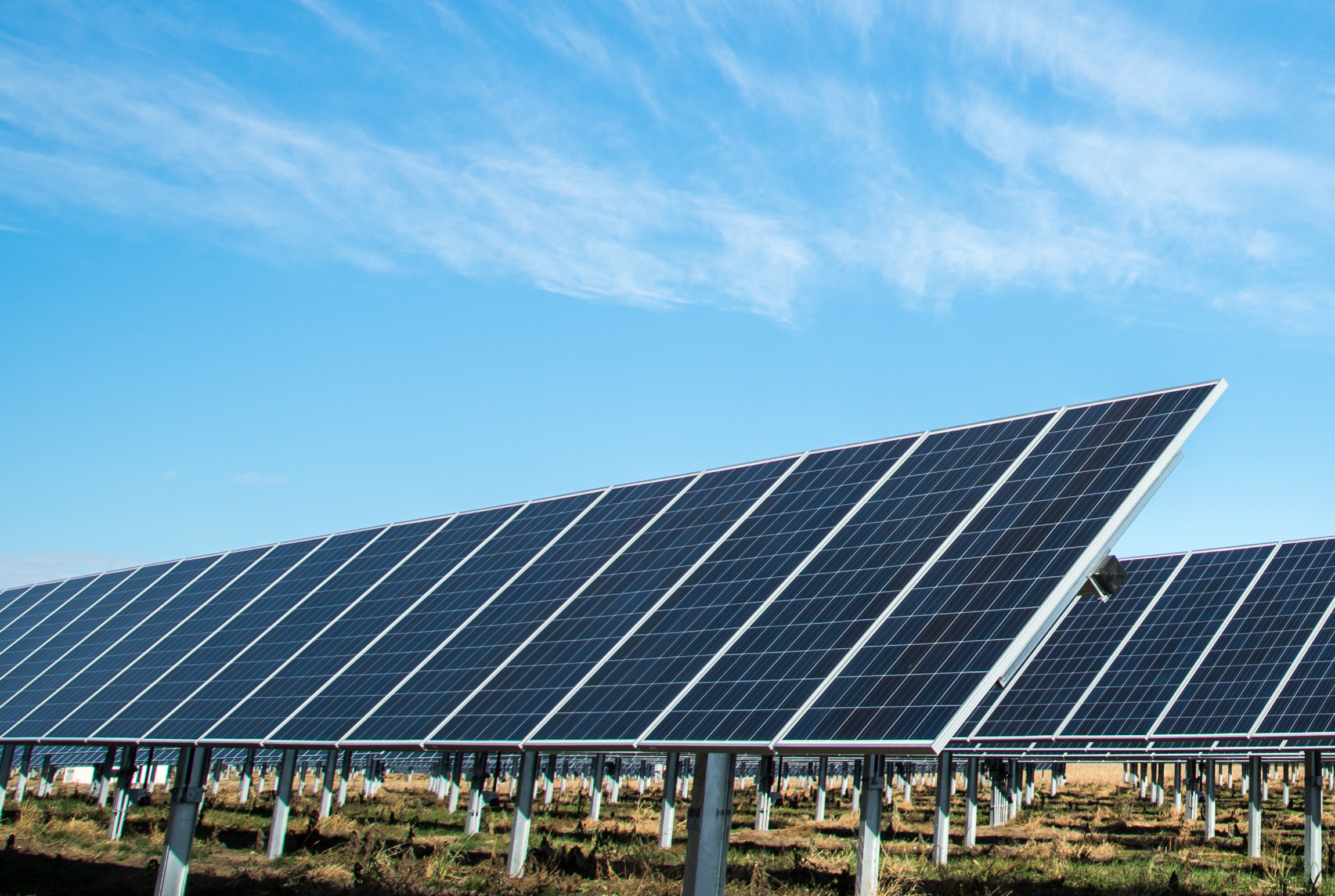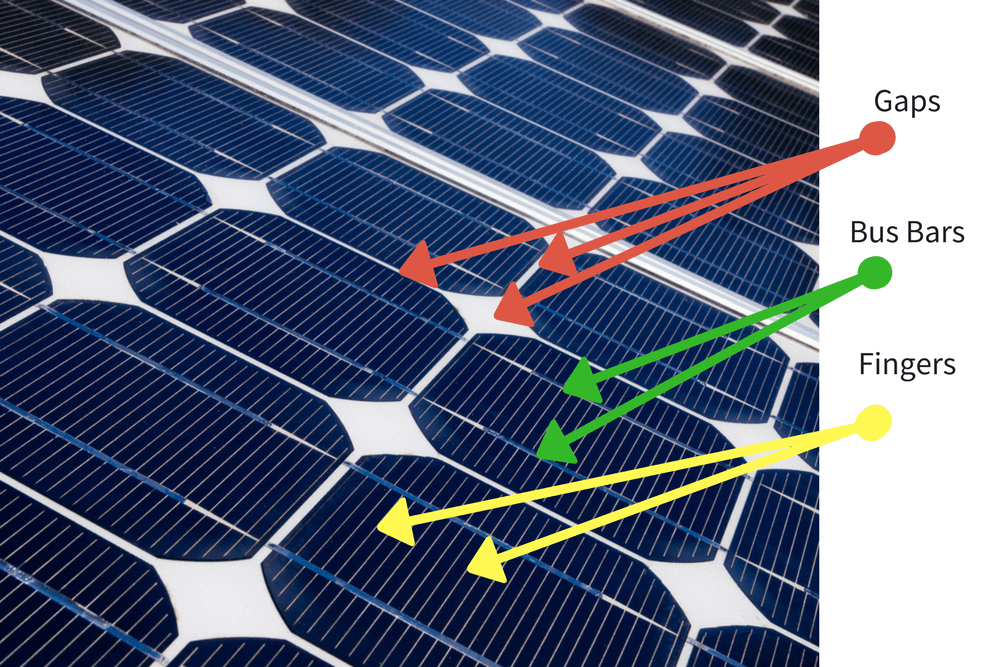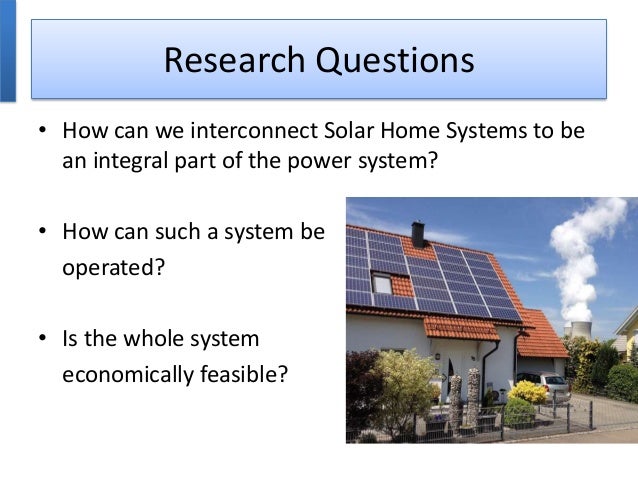

When solar panels are connected in parallel (known as arrays) they all share the same voltage, and the current that each one of them provides is summed up. Why? Because all electrical devices consume the active power to function.

The first thing that you must know is that in any power system the variable that matters the most is the active power (expressed in watts).

#CONNECTING INDEPENDENT SOLAR GRIDS TO GRID SERIES#
In this article we will help you determine the best way to connect solar panels and describe general design options of the series and parallel connection of solar panels with their advantages and disadvantages. We often hear the installers talking about the connection of solar panels in series or parallel, but many of us not related to the technical terms do not understand the difference between these designs, and therefore, do not understand the impact our decision has on the overall life-cycle of the system. What makes each one ideal is the user requirement and priorities.To design a solar PV system for any household, it is necessary to consider several parameters like the available solar resource, amount of power to be supplied by the system, solar panel efficiency, autonomy of the system (off-grid or connected to the grid) as well as the selection of components like inverters, batteries and controllers.īeyond the analysis of these components, there is another element that can deeply influence the total power output of the system and can also affect the overall cost of the solar installation. On-grid or off-grid, both types of solar power systems have their own set of advantages and disadvantages. Further, an additional battery system can escalate the upfront installation costs for the users. On the downside, an off grid solar system is dependent on solar radiation and prolonged cloudy weather can significantly impact the power outputs. The key advantage of using off grid solar panels is that the user is not dependent on grid energy, which means a power failure or an outage would not affect the user in any way. Based on the energy estimates, solar systems can be sized to generate enough energy to meet the user’s energy requirements around the clock. The users can opt for off grid solar power systems as per their energy goals. The energy stored in the batteries can then be used during the night or when it is cloudy. Usually, an off-grid system is designed to generate some excess electricity during the day which is transferred to the battery systems for storage. Off-grid Solar Power SystemĪs mentioned earlier, an off-grid solar power system is not connected to the utility grid and uses an additional battery system. Therefore, an on-grid power system may not offer good outputs in areas that are prone to utility power failure.

However, the key drawback of an on-grid system is that it shuts down completely in case of a power failure. Being tied to the grid minimises upfront costs as the user does not have to purchase a costly battery back-up system for energy storage. In return, the user can build a credit that can be used to cash out at the end of the billing cycle (condition – *Subject to state net metering policy). Further, if the user generates excess energy, it can be reverted to the grid-power company. Between the off-grid and on-grid systems, the latter is more popular as the users are covered by their utility company even if their solar systems under perform or malfunction. Difference Between On Grid and Off Grid Solar System: On-grid Solar Power SystemĪn on-grid system implies that your solar system is connected to your utility company’s network. A customer’s choice of a particular grid system influences the equipment needed for the installation, installation method as well as energy bills. As the name suggests, an off grid solar system is not connected to the grid, while an on grid solar system is networked to the utility grid. Sounds complicated? Actually, the difference between on grid and off grid solar system is quite simple. Alternatively, if your energy output is more than what you consume, then an on grid solar power system can help you to redirect any surplus energy to the grid via net metering. For instance, if you wish to use solar energy independent of the grid network, you can opt for an off grid solar system. Although all solar power systems work on the photovoltaic (PV) effect, how the energy generated by solar devices is to be utilised depends on the user. Installing a solar power system can be a daunting task, especially for a customer who has to make many decisions such as choosing the right solar panels, estimating the power consumption, opting between an off grid solar power system and on grid solar system and more.


 0 kommentar(er)
0 kommentar(er)
